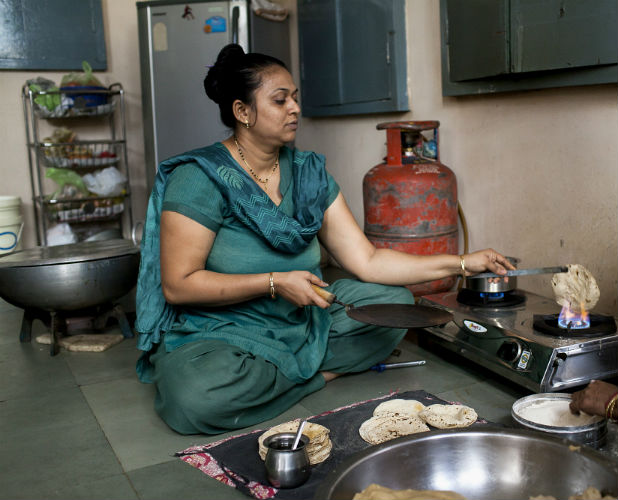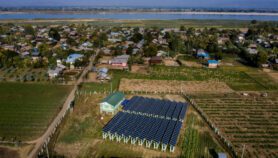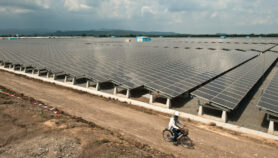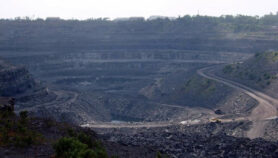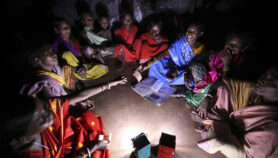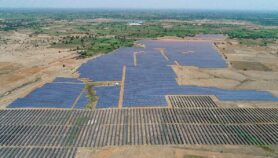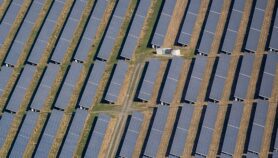By: Madhukara Putty
Send to a friend
The details you provide on this page will not be used to send unsolicited email, and will not be sold to a 3rd party. See privacy policy.
[NEW DELHI] Indians are willing to put up with the high price of electricity and liquid petroleum gas (LPG) than live without it, study shows.
Households in India that experience improved access to modern energy sources may be incurring greater spending but they still show willingness to pay according to researchers from US universities Columbia, New York, and Princeton.
The researchers found that household expenditures on energy increased steadily between 1987 and 2010, but access to modern energy also improved. For example, in 1987, only 31 per cent of Indians had access to electricity while a meagre 6 per cent had access to LPG, according to data from the National Sample Survey Office. By 2010, these numbers had grown to 73 per cent and 24 per cent respectively.
“We found that improving access to modern energy — electricity and LPG — increases household energy expenditures, as even poor households are willing to pay for modern energy when it is available. Importantly, the result holds even without any change in the total income of the household,” says Johannes Urpelainen, associate professor at Columbia, who participated in the study.
The findings can have significant policy implications in India and other developing countries, says Urpelainen, who believes that they provide a clear incentive for improving access to modern energy, rather than making it more affordable.
“All countries in South Asia face difficulties in expanding access to clean cooking fuels. Governments in these countries should recognise the value of modern energy access to the poor and focus on expanding it instead of only subsidising the cost of consumption,” says Urpelainen.
“Beyond the basic services, willingness to pay becomes a factor of [household] income. For example, underprivileged households may take LPG connection under the UJWALA scheme that provides free connection, but not use it for cooking major meals as it is more expensive than the biomass stove,” he tells SciDev.Net.
This piece was produced by SciDev.Net’s South-East Asia & Pacific desk.


